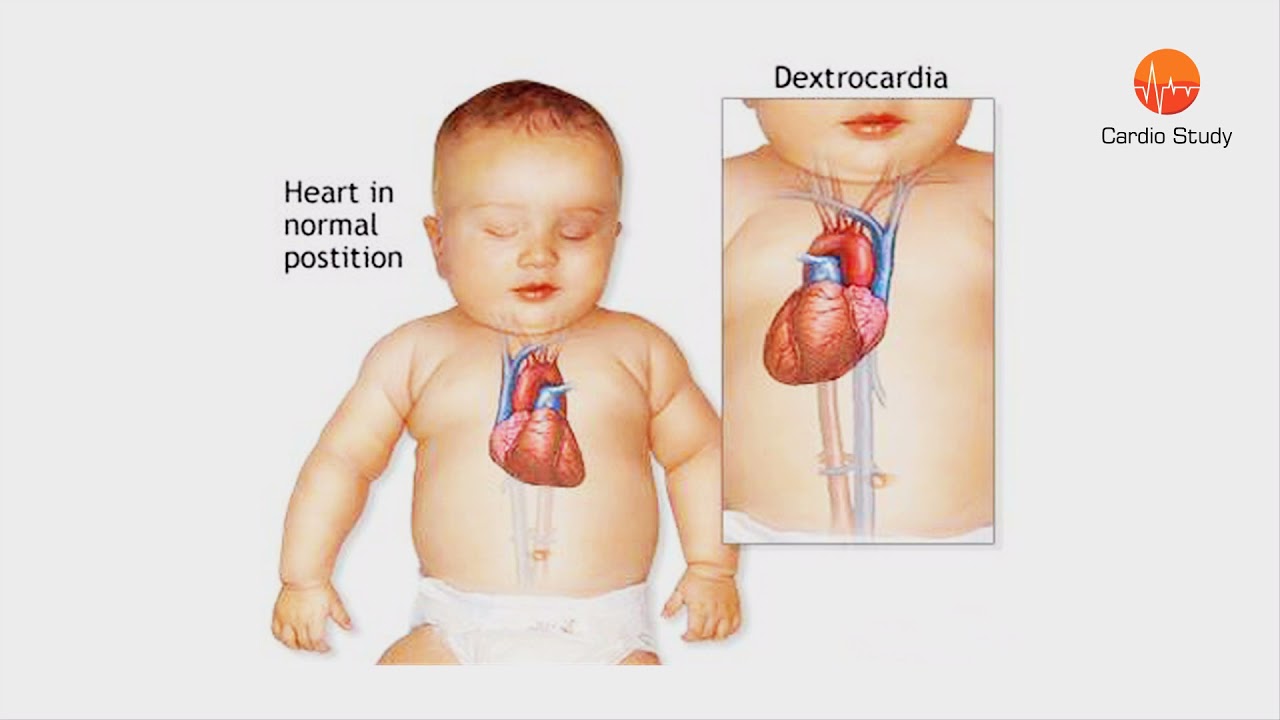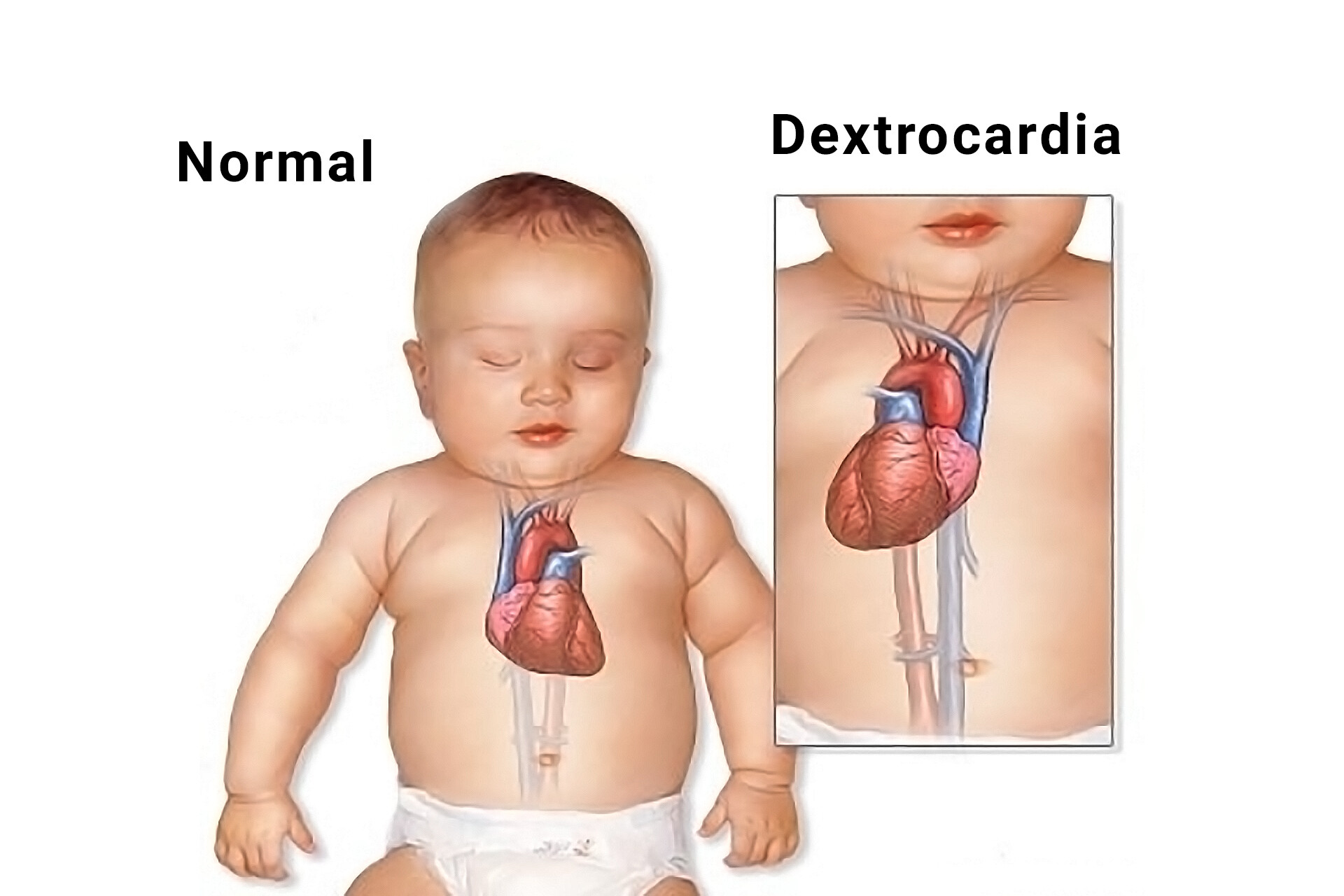Many of us grow up learning that the heart lies on the left side of the chest. But biology, as it turns out, always leaves room for surprises.
There’s a rare congenital condition known as Dextrocardia, where the heart is positioned on the right side of the chest.
It occurs in approximately 1 in 12,000 people, and while uncommon, it can lead to a fascinating discovery – especially for medical professionals encountering it for the first time.
A Personal Encounter
Three years ago, during a health screening for young men enlisted in a cross-border government assignment, I was part of a team of doctors conducting physical examinations.
While examining one particular individual, I couldn’t hear his heartbeat where I expected it.
Assuming it was an issue with my stethoscope or perhaps earwax, I hesitated to speak up. Just then, the young man chuckled and said, “Nooo doctor, my heart is on the other side.”
It was both amusing and mildly embarrassing – my first time meeting someone with Dextrocardia.
What Is Dextrocardia?
The term “Dextrocardia” comes from:
- Dexter — Latin for “right”
- Kardia — Greek for “heart”
In this condition, the heart is located on the right side of the chest instead of the left. It’s typically present from birth and isn’t usually life-threatening unless accompanied by structural abnormalities.

Types of Dextrocardia
- Isolated Dextrocardia
- Only the heart is flipped; all other internal organs remain in their normal positions.
- Most individuals show no symptoms unless there are heart defects such as valve or chamber issues.
- Dextrocardia with Situs Inversus
- Both the heart and other major organs (like the liver, spleen, and pancreas) are mirrored to the opposite side.
- This form can cause digestive complications, and in some cases, the spleen might be absent entirely.
Symptoms & Detection

People with isolated dextrocardia often live without symptoms and may discover their condition through routine imaging tests like X-rays or MRIs. However, some may be prone to:
- Lung and sinus infections
- Breathing issues
- Heart murmurs
- Fatigue and poor growth in children (if structural defects exist)
Treatment can involve medication or surgery, but with proper medical care, most individuals lead full and healthy lives.
Special Considerations
In certain countries, individuals with Dextrocardia may be exempt from armed forces service.
This precaution is due to emergency medical protocols – in a crisis, the reversed position of the heart could lead to dangerous complications if not promptly identified.
